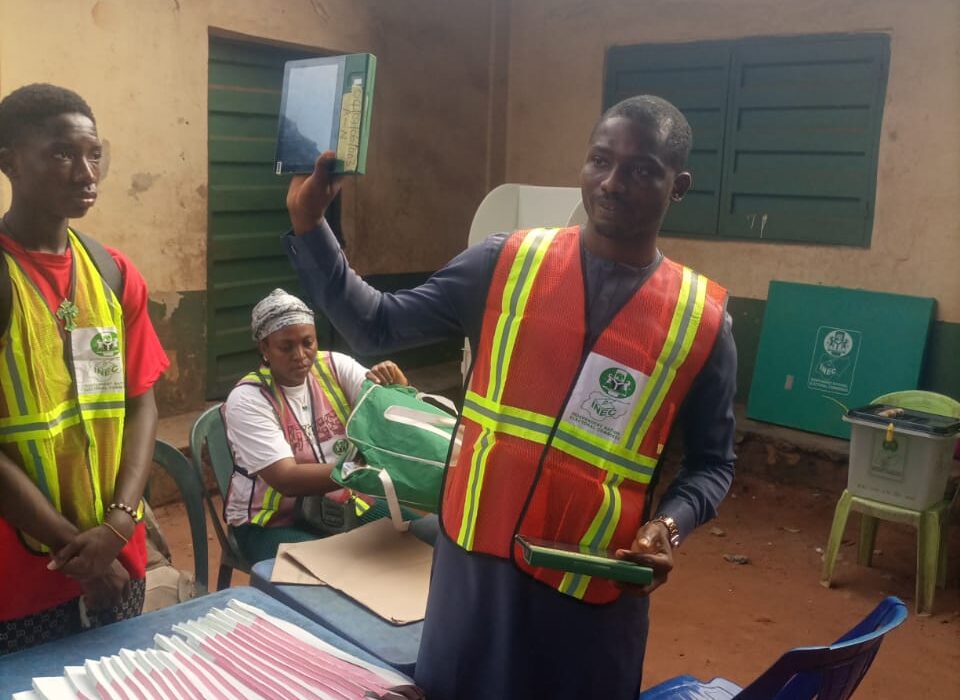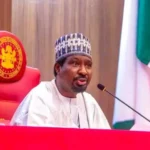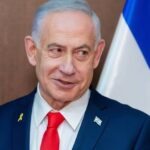Electorate Heads to the Polls in Crucial Anambra Governorship Contest

The much-anticipated gubernatorial election in Anambra State got underway this Saturday morning, as citizens across the state began casting their votes to determine the state’s next chief executive.
Early reports from the state capital, Awka, confirm that accreditation and voting processes commenced promptly in numerous locations, including the pivotal Polling Unit 001, Ward 8, situated at Demonstration Primary School II, in the Agu-Awka area of the Awka South Local Government.
A palpable air of civic duty and enthusiasm was evident as residents arrived at voting centers well before the start of the exercise. Footage captured at the Agu-Awka location depicted orderly queues of citizens waiting to participate, all under the vigilant supervision of electoral commission officials.
These officials from the Independent National Electoral Commission (INEC) were observed meticulously guiding the process, ensuring that the ballot papers and all related election infrastructure were managed according to established guidelines.
The efficient early start in parts of the capital city aims to mitigate logistical challenges that have sometimes plagued previous elections in the state.
This off-cycle election presents a diverse field of 16 candidates, representing a corresponding number of political parties, all vying for the highest office in Anambra.
The contest is set to be a significant test for the incumbent, Professor Chukwuma Soludo, who is seeking a fresh mandate to continue his term. Prof. Soludo, a former Governor of the Central Bank of Nigeria, is the flagbearer for the All Progressives Grand Alliance (APGA).
The journey to the ballot box has been marked by intensive campaigning, with challengers presenting varying visions for governance, security, and infrastructural advancement.
The list of gubernatorial hopefuls, validated by INEC, underscores the robust, albeit often factionalized, nature of the state’s political landscape. Key issues dominating public discourse have centered on tackling persistent security challenges, enhancing grassroots economic empowerment, and accelerating the pace of development across the 21 Local Government Areas.
INEC has reiterated its firm commitment to conducting a poll that is both transparent and credible, noting an updated figure of approximately 2.82 million registered voters eligible to participate.
In a bid to enhance electoral integrity, the Commission has confirmed the deployment of an enhanced Bimodal Voter Accreditation System (BVAS). Logistical preparations, including the distribution of sensitive materials, were finalized under enhanced security.
The Commissioner of Police for the election has assured the public of maximum security presence to safeguard the process and encourage participation in areas previously identified as vulnerable to security threats.
The current contest is more than just a battle for political power; it is a critical measure of the public’s confidence in the current administration and a litmus test for the democratic process in the southeastern region of Nigeria.









